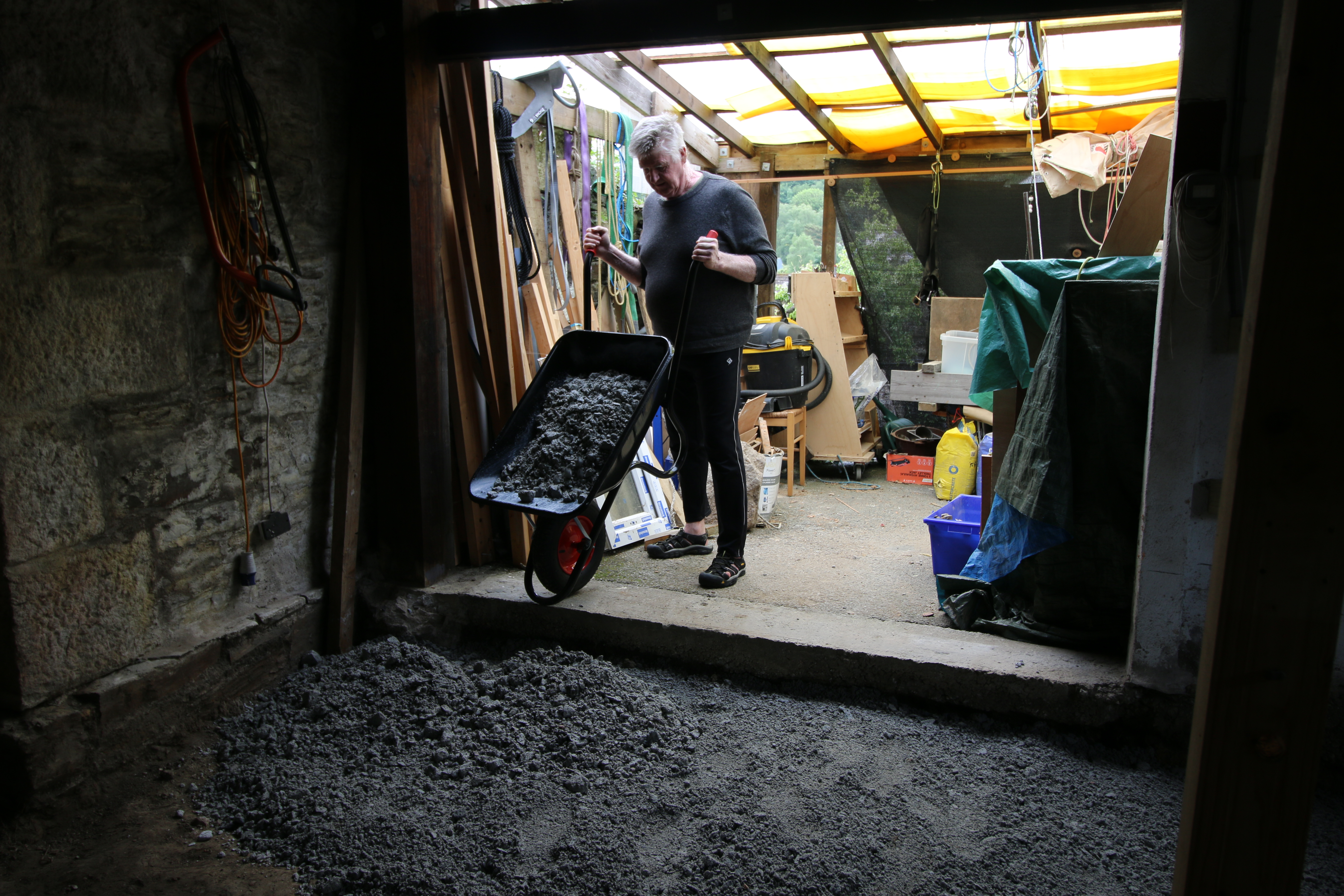There has been some interesting discussion on the openboat forum about the simplicity of dinghy cruising. It started with a discussion about Paul Constantine’s book ‘Practical dinghy cruising’. An observation was made – whilst an excellent book, had it blown away any association between dinghy cruising and the concept of simplicity? Was there too much about preparation and checklists, etc? Was loading, unloading, redistributing the load to get correct trim etc worth all the effort for dinghy cruising? How much time gets spent preparing rather than sailing? Intriguing questions I must confess.
Well this set me and clearly a large number of other people thinking! Some contributors pointed out how their dinghies were ready for cruising permanently and merely needed clothes, sleeping bags, mattress, hygiene kit and food and cooking supplies adding. Some observed that if one arranges gear in boat carefully then nothing needs moving between sailing, sleeping and cooking modes. Then there is the tent......that could be pretty complex! Or simple! A simple ridge tent on Arwen can be set up in about 5 minutes!
Some forum members posed the questions ‘is it the sailor who overcomplicates the issue?' or ‘Is dinghy cruising supposed to be simplicity itself’?'
Personally, whilst I try to keep things simple and clear, I find dinghy cruising involves some complication – accurate and careful navigation and calculations for example, or making sure that I have checklists for the various crates or waterproof bags I need. Doing long coastal cruises and camping on board requires thought and planning; it requires a high level of seamanship, especially, as one person wryly observed, if you want to survive!
Of course, complication can turn up at the slipway getting ready for a launch. It takes 35 minutes to set Arwen up for a launch – this is mainly to do with mast stepping, shroud tying, sorting out fenders and mooring warps; putting on bumpkin, rudder and putting jib and main halyards through blocks. I’ve been on a constant quest to simplify rigging and general boat prep chores to reduce that preparation time. I continually trim ropes etc to make less rigging in the cockpit. After every trip I sit and think back home – ‘what could I simplify or improve for next outing?'
One contributor raised another issue to consider ‘what kind of sailor you are when making passage?’ someone asked ‘do you actively pull all ropes, constantly trim sails for optimal tuning; or do you just sit back?’ This can certainly add to complexity! Tweaking Arwen’s rig adds to the enjoyment of a sail I must confess.....but then there are times when I just sit back! Sometimes, it’s just good to chill and not worry about the crease in the sail!
Someone made another point too........ some people go for more challenging locations, take a small amount of gear with them in their dinghy, and bet on luck. They observed that the more tolerance you have for risk, the less gear you need. There is no such thing as no-risk sailing, so we really need to ask ourselves said one contributor, ‘How much risk am I comfortable with?’ The more skill and experience a person has, then the more they can do with less gear.
Then simplicity can be reduced with the introduction of technology!
I flit between handheld VHF (which I still can never remember how to put onto dual watch – dur!!); my handheld GPS (on which I can never remember how to use the got function – double dur!) and my SPOT personal locator beacon – which I just can’t remember anything on other than emergency button and the ‘I’m ok’ button!
Finally, mused one person, ‘how long will we be out in the boat away from well stocked resupply facilities?’ Whether it will be 2 days or 2 months, until we can resupply, this factor has a huge impact on how much gear is essential for the trip. He observed that
‘part of simplicity is lowering your standards of living, which many dinghy sailors do. Eating the same simple-to-prepare hard rations every meal every day greatly simplifies the gear needed to provide food. Making 2 changes of clothing do for all weather greatly simplifies the wardrobe. Watching the clouds, sun, and waves for entertainment eliminates the need for all the gear related to entertainment. Going into hibernation when it’s dark eliminates the need for lighting’.
Now this is complex I guess
This was Dee Caffri onboard her boat at the start of the last Transatlantic
Well there you have it....dinghy cruising.......simple or complex? It depends what kind of sailor you are. Personally I want to get away from it all and go as minimalist as I can without being uncomfortable or in danger!
My thanks go to RB, Roger, Dave, Osbert, Viv, Edwin, ‘Shiner’, Oliver, Neil, Steve, Mike and Roger P for some really thoughtful and illuminating discussion. Yahoo openboat forum....what a great bunch of knowledgeable and reflective people.




























No comments:
Post a Comment